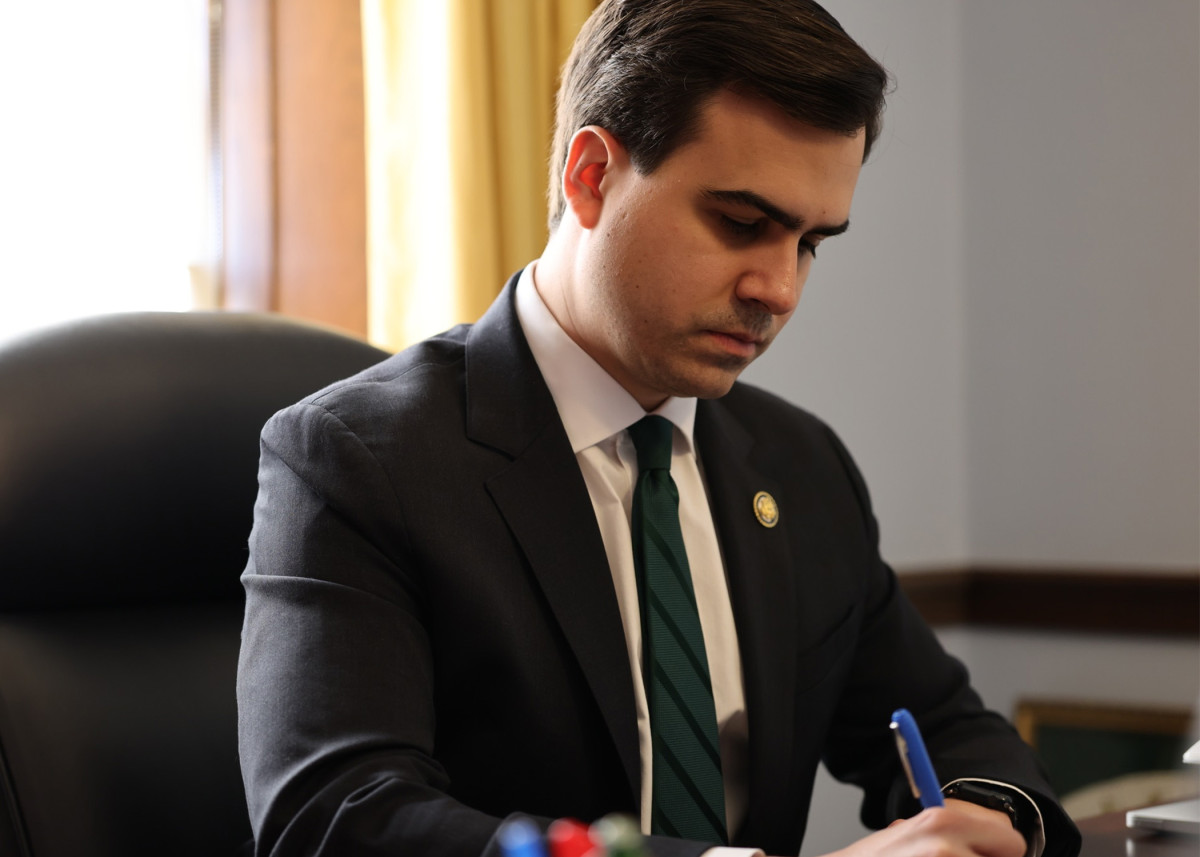The members of Congress who got paid during the government shutdown

The longest government shutdowns in US history, explainedThe 2025 stalemate surpassed 35 days, becoming the longest in U.S. history. ABC News' Perry Russom breaks down the five longest shutdowns from Carter to Trump.
Nearly 4 in 10 members of the U.S. House of Representatives did not take their pay during the government shutdown, according to an ABC News survey of congressional offices.
That group included the leaders of both parties in the House, Speaker Mike Johnson, R-La., and Democratic Leader Hakeem Jeffries, D-N.Y., whose offices confirmed to ABC News that they asked for the pay to be withheld for the duration of the shutdown.
"I made clear to my constituents that my check will be withheld," Jeffries said on CNN recently.
Unlike their staffers and federal workers, members of Congress and delegates are guaranteed pay by the Constitution during a government shutdown.
The House was set to vote on reopening the government Wednesday, which could lead to the government reopening later this week.
Overall, 242 House offices -- more than half of the chamber -- did not respond to questions from ABC News about how the representatives are handling their salaries during the shutdown.
Of the members of Congress that ABC News was able to reach, the offices of six members — all Democrats — confirmed they have taken their paychecks during the shutdown: Reps. Andre Carson of Indiana, Danny Davis of Illinois, Eric Sorensen of Illinois, Nikema Williams of Georgia, Brittany Pettersen of Colorado, and Adam Gray of California.
"Like most people, Rep. Pettersen cannot forgo a paycheck. She believes it's completely unacceptable federal workers are ever put in this position, as they provide critical services we depend on and are an essential part of our community and economy," a spokesperson for Pettersen told ABC News.
And Gray told ABC station KFSN-TV, “No, I don't believe in silly political gestures. The law is that Congress gets paid. It's in the Constitution”
ABC News will continue to update its data as offices respond to questions about member pay.
Overall, 170 members of Congress announced their decision to forego pay in solidarity with federal workers during the shutdown, while accusing the other political party of sparking the funding fight at the end of September.
"I won't receive a paycheck during this shutdown. Congress shouldn't get paid while American workers, like our men and women in uniform, do without," Rep. Dusty Johnson, R-South Dakota, posted on X during the impasse.
"No member of Congress should get a paycheck while this continues -- and that's why I'm refusing mine," Rep. Haley Stevens, D-Michigan, posted on X during the shutdown.
Fourteen lawmakers -- five Republicans and nine Democrats -- are donating their salaries, or planning to donate their salaries when the shutdown is over, to various organizations in their communities, including food banks and nonprofits.
Republican Reps. Cory Mills of Florida, Glen Grothman of Wisconsin, Buddy Carter of Georgia, Kevin Hern of Oklahoma, and Jefferson Shreve of Indiana are either donating their salaries, not taking their salaries and donating, or planning to donate their salaries at the end of the shutdown.
The nine Democratic lawmakers taking and donating their salaries are: Rep. Angie Craig of Minnesota, Jim Himes of Connecticut, Raja Krishnamoorthi of Illinois, Scott Peters of California, George Whitesides of California, Bill Foster of Illinois, Sara Jacobs of California, Shri Thanedar of Michigan, and Yassamin Ansari of Arizona.
Craig and Peters have both introduced legislation to prevent lawmakers from being paid during a government shutdown.
Of the six nonvoting delegates in the House of Representatives, Del. Amata Radewagen, R-American Samoa, planned to request the delay of her pay, while Pablo José Hernández, the nonvoting Democratic representative of Puerto Rico in Congress, announced he would withhold his pay on Oct. 1. (The other four offices did not respond to questions from ABC News).
Max Stier, the president and CEO of the Partnership for Public Service, said what members decide to do with their paychecks "is not solving the real problems" of the government shutdown.
"They should do their jobs and keep the government open," he told ABC News, adding that lawmakers "shouldn't allow their failure to do their jobs create this collateral damage" of forcing hundreds of thousands of government workers to stay home or work without pay for five weeks.
"The important lesson is to learn the right lessons from what just happened," Stier said, calling on Congress to pass new legislation to prevent future government shutdowns, or ensure that federal workers get paid in real time should another shutdown occur.